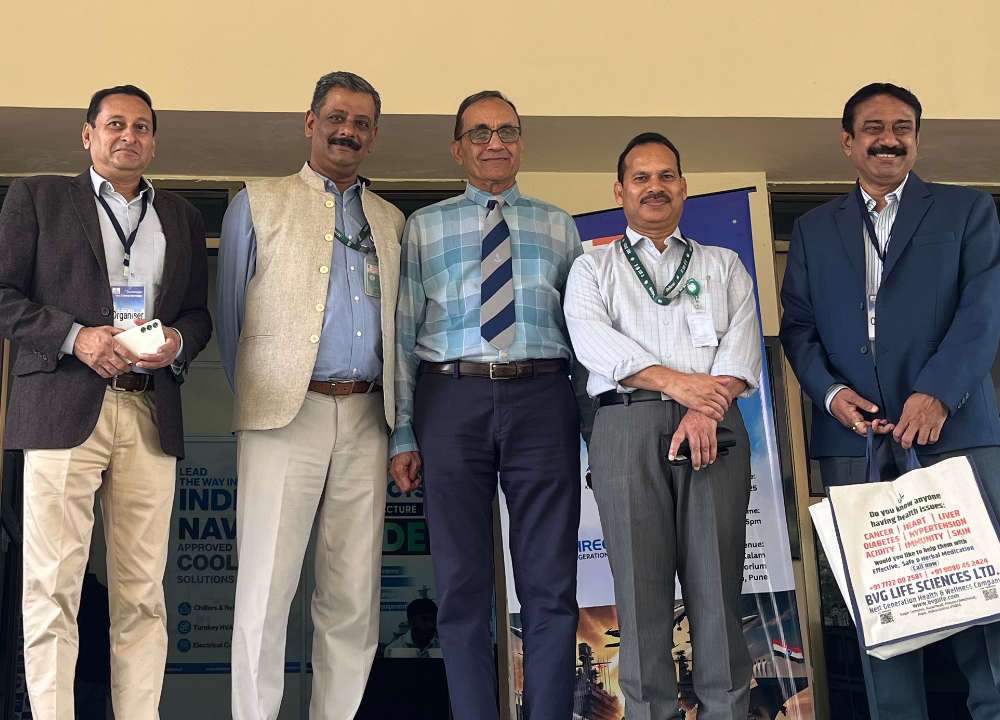On the occasion of World Environment Day, ITC reaffirmed its dedication to fighting plastic pollution with a comprehensive approach aimed at recycling, managing, and replacing plastic packaging waste. In alignment with this year’s theme of “Ending Plastic Pollution Globally,” the company introduced its strategic framework focused on three key pillars: No Plastic, Better Plastic, and Less Plastic. This strategy aims to drive significant community-based waste management programs and foster investments in sustainable packaging innovations that replace plastic with biodegradable and recyclable alternatives.
With four consecutive years of plastic neutrality, ITC has successfully collected and managed 76,000 tons of plastic waste in FY 2024-25. Additionally, the company has been recognized as a solid waste recycling positive enterprise for 18 years, further cementing its position as a global leader in sustainability. Looking ahead, ITC has set an ambitious target to make all its packaging recyclable, reusable, compostable, or biodegradable by 2028, as part of its Sustainability 2.0 Vision.
ITC’s efforts contribute to India’s broader environmental goals, aligning with the government’s “One Nation, One Mission: End Plastic Pollution” campaign, which encourages individuals to reduce plastic waste and adopt eco-friendly habits.
S. Sivakumar, Group Head – Agri and IT Businesses and Sustainability at ITC Ltd., shared, “Our strategy is rooted in our philosophy of ‘Responsible Competitiveness,’ where we are driving a 360-degree approach toward a circular economy. This includes scalable, community-led waste management initiatives and a strong focus on sustainable packaging through the principles of No plastic, Better Plastic, and Less Plastic. Our goal is to innovate, improve, and optimize packaging across all sectors, offering eco-friendly solutions for industries worldwide.”
ITC’s approach to plastic sustainability is built on three strategic pillars aimed at reducing environmental impact and promoting more responsible packaging solutions. The first pillar, No Plastic, is focused on eliminating plastic altogether by adopting sustainable alternatives. ITC’s Paperboards & Packaging division plays a key role in this transition, developing biodegradable and plant-based materials like moulded fibre. To support these efforts, the company has recently launched a state-of-the-art moulded fibre manufacturing facility in Madhya Pradesh.
The second pillar, Better Plastic, revolves around improving the recyclability and circularity of plastics. ITC is actively shifting from multi-layered plastic packaging to more recyclable mono-material laminates. This is evident in products such as Mangaldeep agarbattis and Fiama Handwash, which now feature recyclable monolayer pouches. Additionally, PET bottles used in Fiama Showergel and Handwash are now made with 50% recycled plastic, helping reduce reliance on virgin materials.
The third pillar, Less Plastic, aims to reduce overall plastic usage through smarter design and material optimization. This initiative has led to significant reductions in packaging weight, such as a 31% decrease in the packaging of Engage deodorant spray cans. By focusing on lightweight materials and efficient design, ITC is not only reducing plastic waste but also improving the overall sustainability of its product
ITC has also introduced a range of sustainable packaging products. For example, the Aashirvaad Khapli Atta pack features an eco-friendly ‘bag-in-bag’ design with a paper outer pack and recyclable inner pouch. Sunfeast Farmlite Core Digestive packs are now available in 100% paper packaging, reducing the reliance on conventional plastic.
ITC’s flagship waste management program, Well-being Out of Waste (WOW), has successfully impacted over 29 million people across 7.2 million households by promoting waste segregation and sustainable practices. ITC’s Mission Sunhera Kal program further supports decentralized waste management across towns, villages, and temples in 34 districts, benefiting over 75 lakh households.
In addition to these initiatives, ITC’s Foods brand YiPPee! has launched the Yippee! Better World program, reaching 14 lakh students in 4,175 schools, raising awareness about plastic waste management. The initiative has also provided over 1,125 recycled plastic benches and tables to schools and distributed 350 sports kits.
In line with its sustainable goals, ITC Hotels has eliminated single-use plastic from 150 touchpoints across its operations, saving nearly 2.5 lakh kg of plastic waste annually. Through these multifaceted initiatives, ITC continues to take significant steps toward reducing plastic waste, fostering a circular economy, and making a positive impact on both the environment and communities across India.








